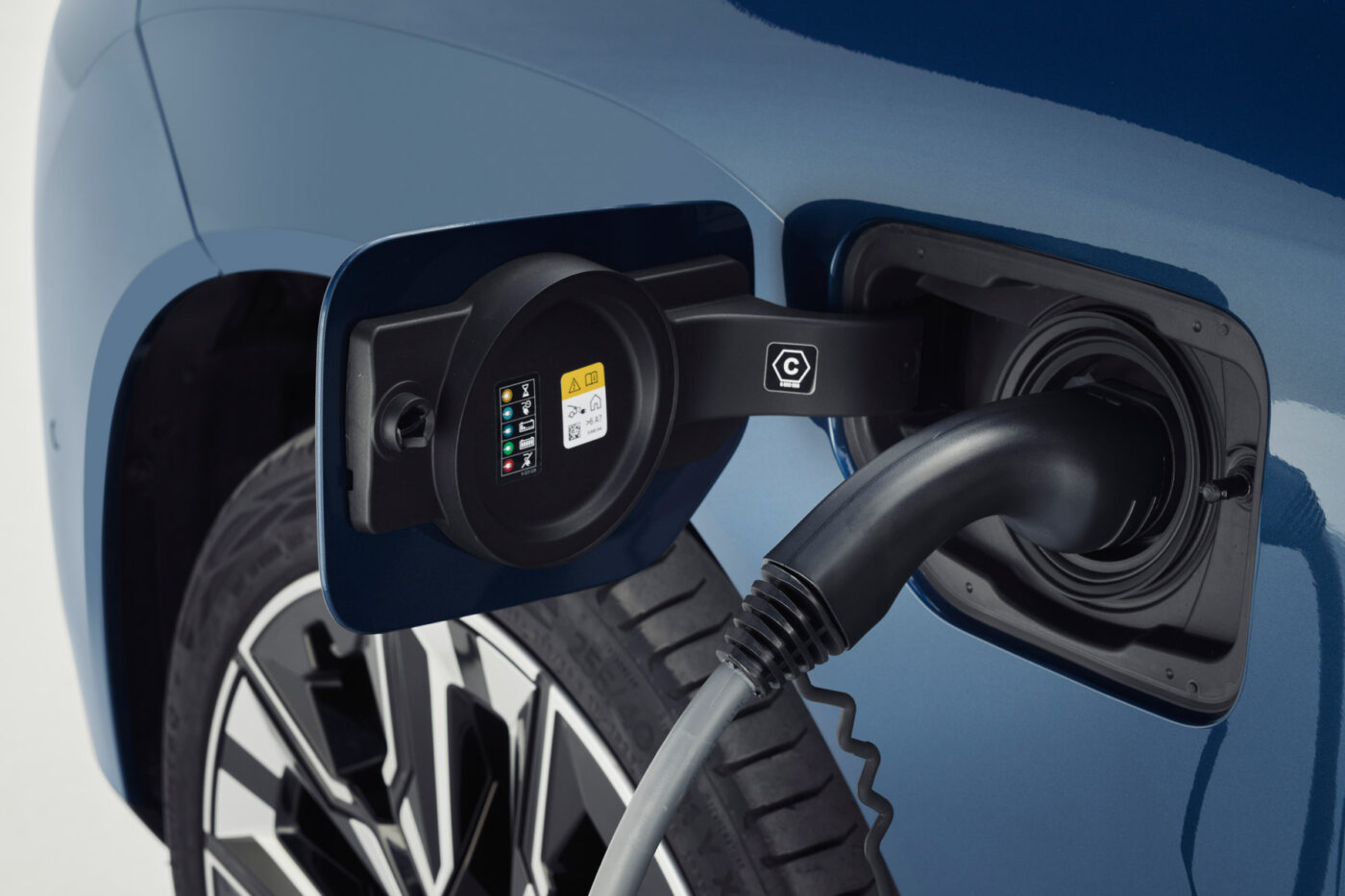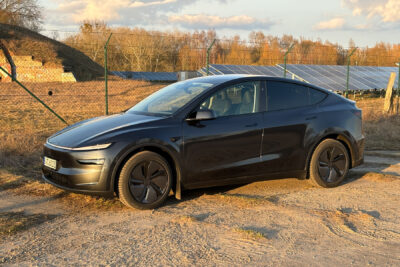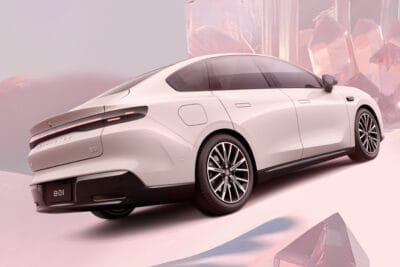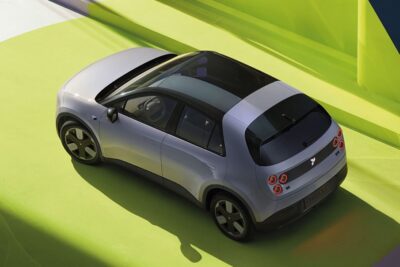Norway sees bump in hybrid sales in March
The proportion of electric cars among new passenger cars in Norway in March was lower than it has been for a long time. The reason that a particularly large number of plug-in hybrids were registered in March, is in order to avoid a significant tax increase that will come into force on 1 April. As a result, hybrids achieved an unusually strong 13.3 per cent market share in March. However, as the new tax comes into effect, their share will probably fall rapidly from April.
At present, the 11,192 all-electric cars sold in March show an increase of around 2,480 and 2,715 units compared to February and the same month last year, respectively. As the overall market also increased (to 13,304 cars, +36.5% YoY), this still results in the lower market share of 84.1 per cent described above. The 1,773 hybrids (13.3% market share) included 1,210 plug-in hybrids in March. Diesel vehicles (1.8% market share) and petrol cars (0.8%) continue to play a minor role.
For the first quarter as a whole, the Norwegian road information authority OFV reported an electric share of 91 per cent, with an overall market growth of 42 per cent. However, the authority points out that 2024 was a relatively weak year and that the course that has now set in will bring sales back to a ‘normal level’.
In the BEV model ranking, the Tesla Model Y led the way in March with 1,822 new registrations, followed by the Nissan Ariya (569) and the VW ID.7 (552). According to OFV Director Øyvind Solberg Thorsen, it is probably still possible to speak of a ‘Tesla effect’, i.e. a slowdown in demand due to the political activities of CEO Elon Musk. This is because OFV recorded a significant year-on-year decline in first-time registrations of new Teslas in the first quarter: the share fell from 23 per cent in Q1/2024 to 12 per cent. However, Solberg Thorsen also points to the change of model year for the Model Y and increasing competition as further factors.





0 Comments